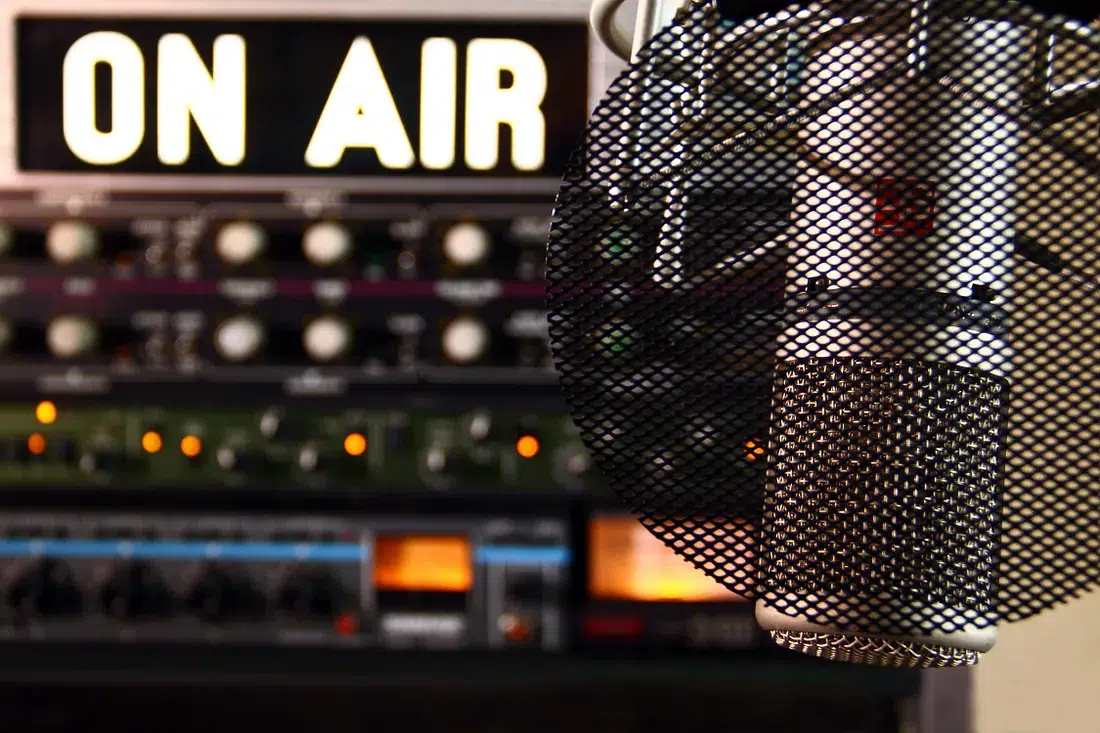Clubhouse strategy — keeping quality high while you’re live without a net

When the show is live, what are the things that a host/moderator and producer/moderator can do to keep the quality high?
Remember that script you wrote with the focus for the conversation laid out right at the top? That’s your friend. Check-in with that from time to time to make sure your interview is on track. But your q-line is not the Bible. Listen to your guest — if they say something surprising or unexpected, ride the conversation out, even if it’s not in your q-line.
— Alison Broverman, Showrunner
When possible, be interactive. Pull people up on stage. Use social media to engage the people in the Room in real-time if can’t bring everyone up on stage. Interaction adds great energy.
— Erin Pettit, Show Runner
How do you deal with a guest or caller who turns out to be not as good as you thought?
It’s true. If you’re feeling it, the audience is feeling it too. The best move is to thank your guest and hope that you have a Plan B. PS: When you’re doing live— always have a Plan B.
— Erin Pettit, Show Runner
Aside from being a kind producer and a good human, you do not owe your guests any allegiance. If they are just not good, or the caller is wasting your time, the audience is feeling what you’re feeling. Thank them for their insight and move on.
Now, if it’s a feature guest and they’re abysmal and you have no one else to turn to, but need to fill the time, hope that your script has some good questions that will liven this up. Get through it best you can and debrief with the team after to learn how not to do that again!
— Dominic Girard, Showrunner
This is risky, but if you find yourself in a really boring interview that you expected to be great, with a guest that is just going through the motions, you can consider addressing it in an appropriate way. It makes it real, which is gold in live radio. It could lead to a fascinating conversation you couldn’t have planned for. (I saw this happen a few times with amazing results)
— Tori Allen, Showrunner
This is CH. You have high-quality audiences who are invested in the subject and bring considerable experience to it, too. Be inclusive. Open it up. Another option is to get more personal with the guest. Put the expertise stuff to the side for a moment, and go back in time. Find out what drew them to this area. Understand their passion, and that can usually bring them up a few notches. — Mio Adilman, Showrunner
How do you cut someone off who won’t stop talking and is sucking the oxygen out of your show?
In any interview, it’s absolutely mandatory to have a final question prepared. In a good interview, this is what the whole conversation drives towards. In a bad interview, it’s a way of escaping: we have to go, but in one sentence, where do you see (whatever subject) in a year?
— Erin Pettit, Showrunner
“I want to give xx a chance to speak to this, too” is a great line to have in your pocket.
— Tori Allen, Showrunner
If you want to cut in, as they are getting to the end of a sentence, cut in by repeating the last four to five words they’ve just said and you have redirected the floor back to you. I also prep guests in advance by agreeing on a cut-in gesture. Most times, a talkative guest hasn’t been prepped properly for how to be circumspect in their lengths.
— Mio Adilman, Showrunner
WWJWD? (What Would Jackie Weaver Do?) OK, so maybe you don’t have a mute button and can’t cut someone’s microphone. But remember, as the host, this is YOUR space. Be polite but firm and clearly move on to someone else.
— Alison Broverman, Showrunner

Clubhouse moderators often ‘reset the room’ in the same way radio hosts have to regularly provide context for listeners just tuning in. How often should you do this and what are your best practices?
Do this at any natural break or subject change. Briefly re-introduce your guests and the topic at hand, and recap any key points that have been made so far.
— Alison Broverman, Showrunner
And keep it tight, unless you’re deliberately looking to build a big reset. Otherwise, you risk losing the plot.
— Dominic Girard, Showrunner
It would be interesting to see if there are any stats about average or median listening time, and then try to reset accordingly.
— Erin Pettit, Showrunner
Unlike podcasts, where listeners have to start at the start (even if you skip ahead), in live audio, the show starts for every member of the audience at a different time. It starts for them when they start listening and stops when they choose to stop listening. You need to find as many ways to include new listeners as possible, without being repetitive to the point to turn off anyone who has been with you from the start. Be mindful of a few varied ways you can give people quick onramps, without repeating the same shorthand so often it becomes an offramp.
— Karen Burgess, Executive in Charge of People & Development

Sign up for the Pacific Content Newsletter: audio strategy, analysis, and insight in your inbox.
